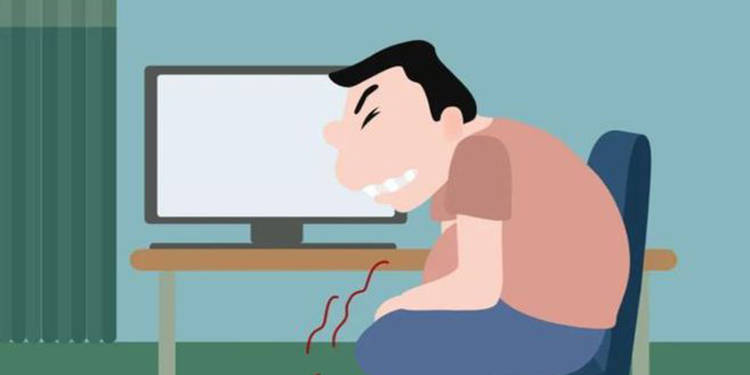Prostate hyperplasia, also known as benign prostatic hyperplasia (BPH), is a common condition in the male reproductive system. With the aging population, the number of patients with benign prostatic hyperplasia in China is significantly increasing. As men age, the prostate gland gradually enlarges, leading to a series of symptoms and discomfort, affecting the quality of life of patients.
1. What is prostate hyperplasia?
Benign prostatic hyperplasia, also known as prostatic hyperplasia, is a common benign condition that causes urinary obstruction in middle-aged and elderly men. It mainly manifests as histological hyperplasia of the prostate stroma and glandular components, anatomical enlargement of the prostate, and clinical symptoms mainly characterized by bladder outlet obstruction and lower urinary tract symptoms.
2. What are the causes of prostate hyperplasia?
It is currently recognized that aging and functional testes are two essential conditions for the development of prostate hyperplasia. The incidence of prostate hyperplasia increases with age. The development of the prostate depends on androgen. If the testes are removed before puberty, the prostate does not develop, and prostate hyperplasia will not occur in old age. In patients with prostate hyperplasia who have their testes removed, the hyperplastic gland will gradually shrink. Under the regulation of androgen, stromal cells and glandular epithelial cells of the prostate interact. With advancing age, the balance of androgen accumulation is disrupted, which may lead to prostate hyperplasia. In addition, prostate hyperplasia may also be related to inflammatory cells, neurotransmitters, and genetic factors.
3. What are the prevention and delay measures for prostate hyperplasia?
1. Maintain a cheerful mood, go to bed and get up early, take care to rest, avoid staying up late; exercise more to keep the body active, avoid prolonged sitting, as long periods of sitting can affect local blood circulation in the prostate.
2. Follow a light diet, consume less high-cholesterol and spicy foods, moderate alcohol and coffee consumption, to reduce congestion in the prostate.
3. Avoid prolonged cycling and holding urine to reduce congestion in the prostate and damage to the detrusor muscle.
4. Be cautious when taking medications that may induce or exacerbate urinary retention.
[Special Note] Some images in the text are from the internet, used for public welfare education purposes only; image copyrights belong to the original authors, please contact for removal if there is any infringement.


